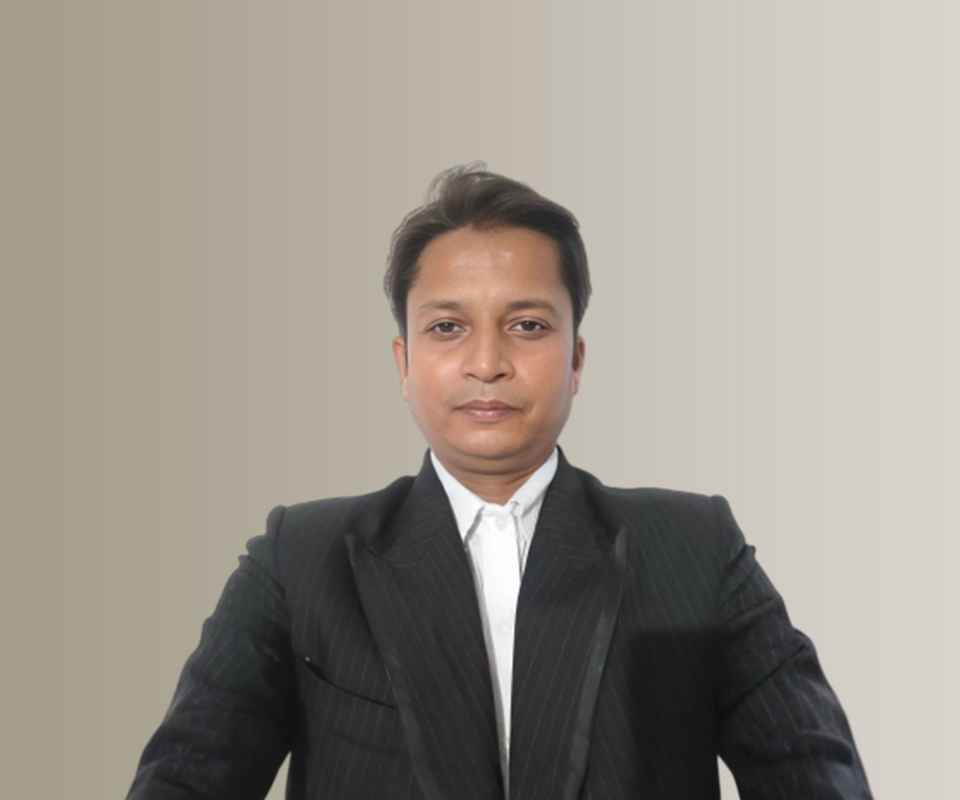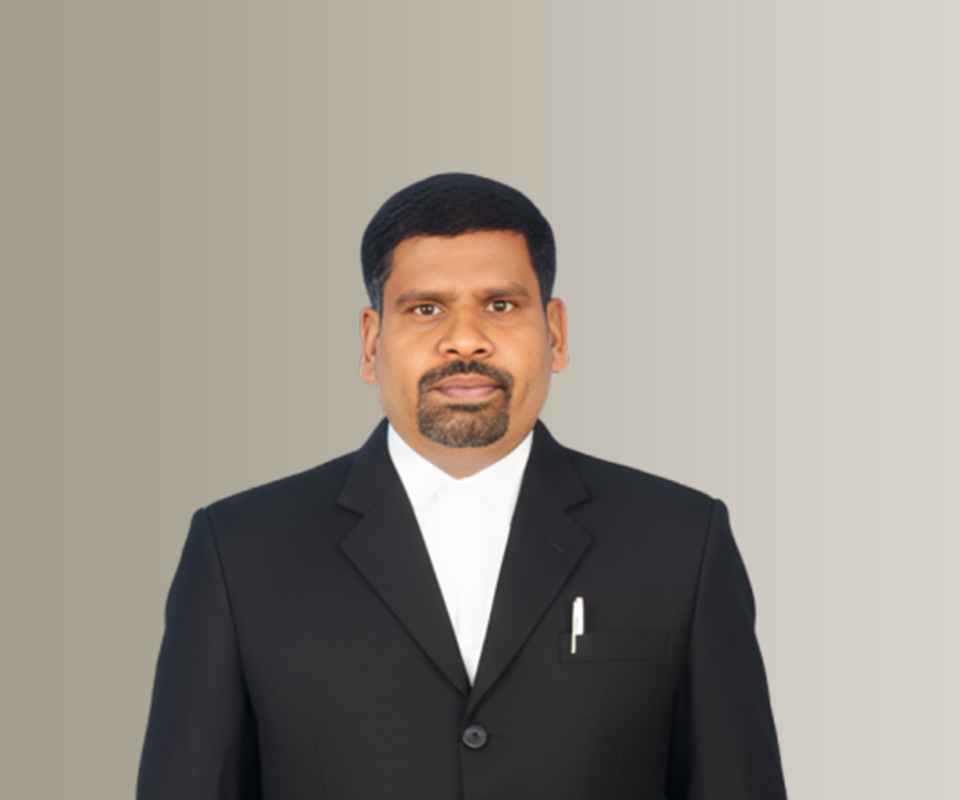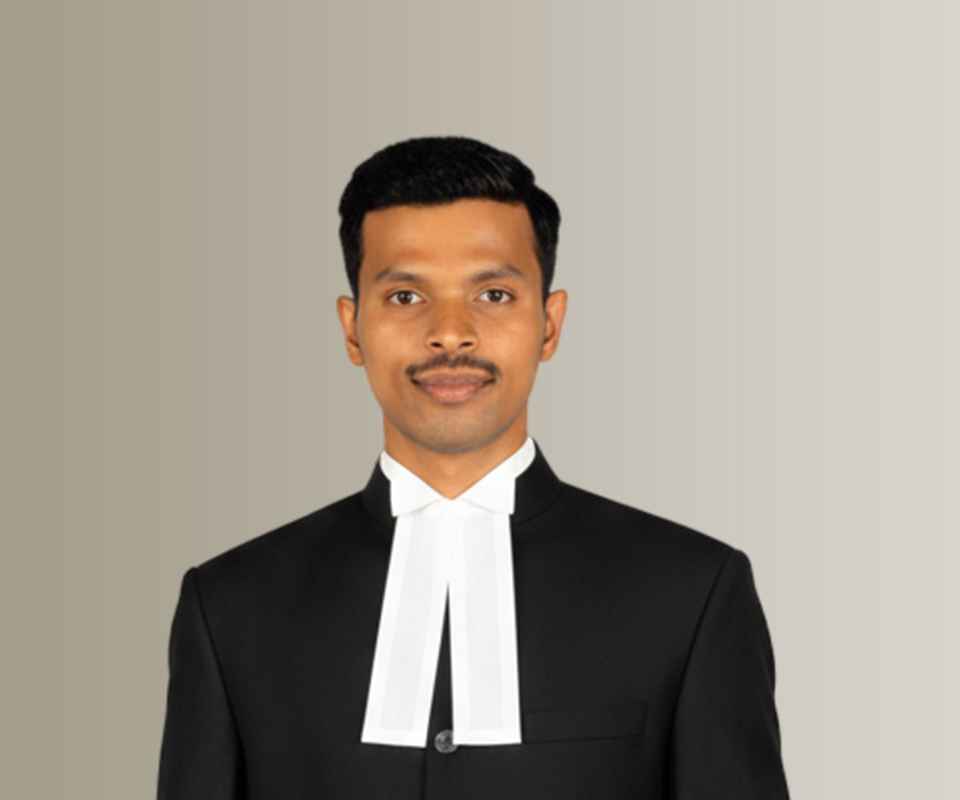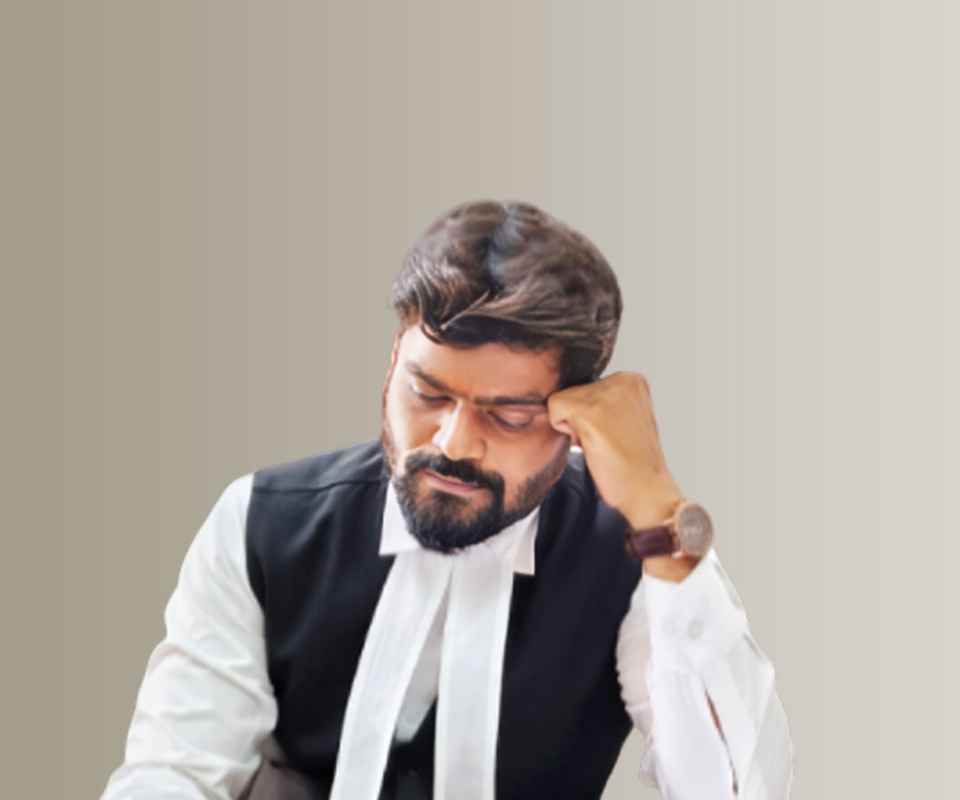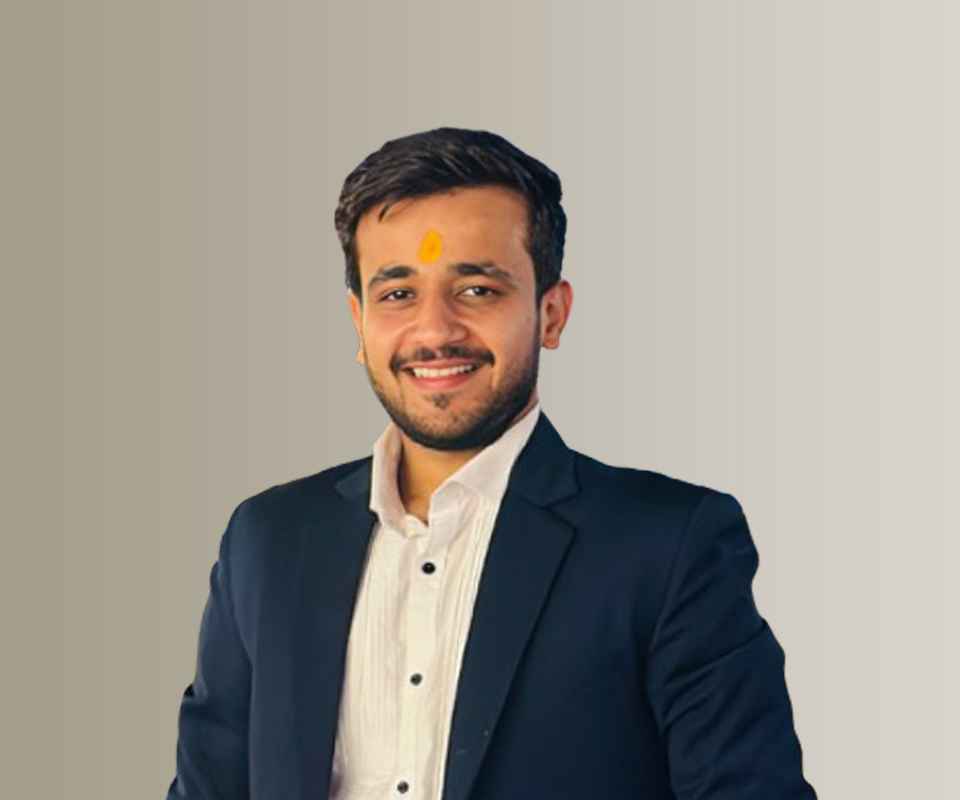Answer By law4u team
Bhartiya Sakshya Adhiniyam, 2023 - Section 156: Exclusion of evidence to contradict answers to questions testing veracity
When a witness has been asked and has answered any question which is relevant to the inquiry only in so far as it tends to shake his credit by injuring his character, no evidence shall be given to contradict him; but, if he answers falsely, he may afterwards be charged with giving false evidence.
Exception 1.—If a witness is asked whether he has been previously convicted of any crime and denies it, evidence may be given of his previous conviction.
Exception 2.—If a witness is asked any question tending to impeach his impartiality, and answers it by denying the facts suggested, he may be contradicted.
Illustrations:
(a) A claim against an underwriter is resisted on the ground of fraud. The claimant is asked whether, in a former transaction, he had not made a fraudulent claim. He denies it. Evidence is offered to show that he did make such a claim. The evidence is inadmissible.
(b) A witness is asked whether he was not dismissed from a situation for dishonesty. He denies it. Evidence is offered to show that he was dismissed for dishonesty. The evidence is not admissible.
(c) A affirms that on a certain day he saw B at Goa. A is asked whether he himself was not on that day at Varanasi. He denies it. Evidence is offered to show that A was on that day at Varanasi. The evidence is admissible, not as contradicting A on a fact which affects his credit, but as contradicting the alleged fact that B was seen on the day in question in Goa.
(d) A is asked whether his family has not had a blood feud with the family of B against whom he gives evidence. He denies it. He may be contradicted on the ground that the question tends to impeach his impartiality.
Brefe Detail
Section 156 of the Bhartiya Sakshya Adhiniyam, 2023 stipulates that when a witness answers questions that may undermine their credibility by harming their character, no evidence can contradict their responses. However, if the witness provides false answers, they can be charged with giving false evidence. Exceptions exist for previous convictions and questions that challenge a witness's impartiality.
Question & Answers
What does Section 156 address?
Section 156 addresses the exclusion of evidence to contradict a witness's answers that are intended to shake their credibility.
Can evidence be presented to contradict a witness's answer regarding their character?
No, evidence cannot be presented to contradict a witness's answer unless exceptions apply.
What are the exceptions to this rule?
- If a witness denies a previous conviction, evidence of that conviction may be presented.
- If a witness denies facts that impeach their impartiality, they may be contradicted.
What happens if a witness answers falsely?
If a witness answers falsely, they may later be charged with giving false evidence.
What are some examples of admissible and inadmissible evidence under this section?
- Evidence regarding a previous fraudulent claim is inadmissible.
- Evidence to contradict a witness's location can be admissible if it pertains to the facts of the case rather than their character.
Example
If a witness is asked if they have ever been convicted of a crime and they deny it, their denial cannot be contradicted unless they are being questioned about that specific conviction. Conversely, if they deny being dishonest in a past job, that denial cannot be contradicted either.
If a witness claims to have seen someone on a specific day and is asked if they were elsewhere, their answer can be contradicted if it affects the claim's validity, not their character.
Summary
Section 156 of the Bhartiya Sakshya Adhiniyam, 2023 outlines the limitations on contradicting a witness's answers intended to undermine their credibility. It establishes exceptions for previous convictions and questions that challenge impartiality, ensuring a fair and respectful examination of witnesses in court.

